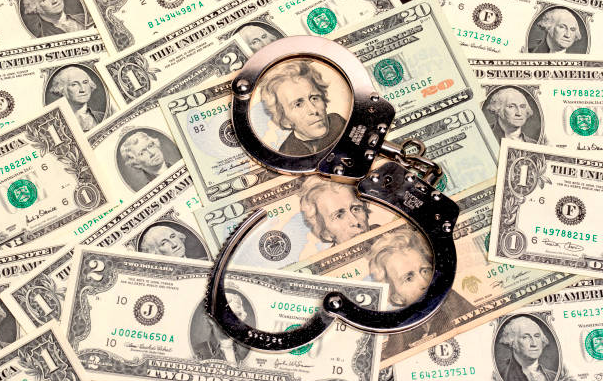A recent ruling by an Alabama judge has dealt a blow to government efforts to combat money laundering. The judge barred the Treasury Department from requiring certain small businesses to report personal details about their owners, citing concerns of congressional overreach.
The decision stems from a section of the 2020 Corporate Transparency Act, which went into effect on January 1. This law mandated that small businesses disclose information about their beneficial owners, individuals with financial stakes or significant influence over business decisions.
The aim was to aid the Treasury Department in identifying money launderers who utilize shell corporations. However, Judge Liles C. Burke of the U.S. District Court in Huntsville, Ala., sided with critics who argued that this requirement infringed upon constitutional rights.
In a 53-page filing, Judge Burke expressed concerns about the government compelling companies to provide personal data, such as names, addresses, and identification documents, even if the intention behind the law was noble.
Judge’s Ruling Alters Compliance Landscape for Small Businesses

The ruling came as a victory for the National Small Business Association, a nonprofit trade group representing over 65,000 member companies, which filed the lawsuit challenging the law’s constitutionality.
Legal experts anticipate that the government will seek to overturn the injunction swiftly, likely through the 11th Circuit Court of Appeals in Atlanta. However, the immediate impact of the ruling on the broader small business community remains uncertain.
While companies were given a year to comply with the reporting requirements for the year 2023, with data not due until the end of 2024, Judge Burke’s ruling applies narrowly to members of the trade organization involved in the lawsuit. Therefore, the majority of affected companies still need to adhere to the mandate.
As stakeholders assess the implications of Judge Burke’s decision, the debate over balancing transparency with individual rights in the fight against financial crimes continues.
